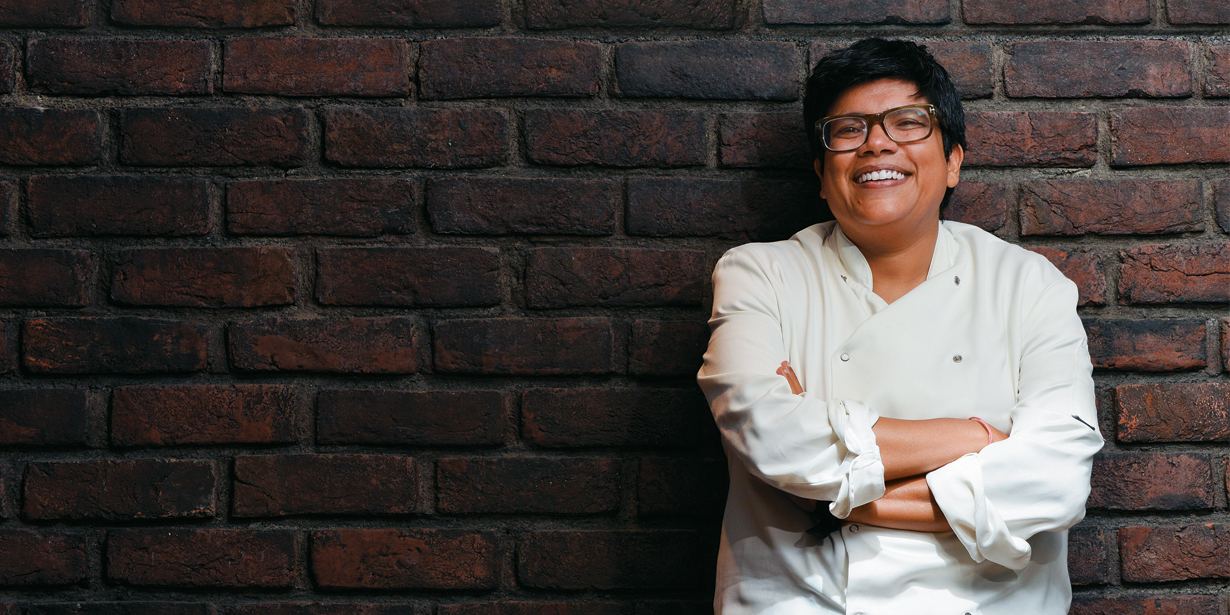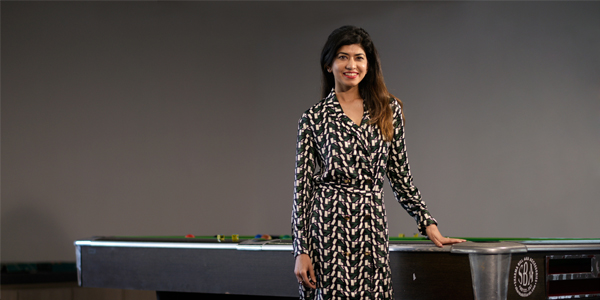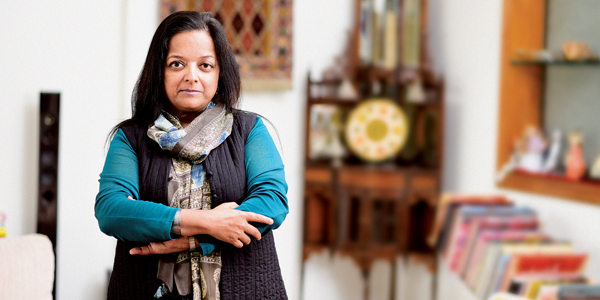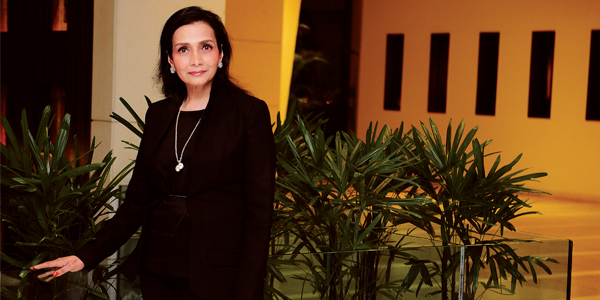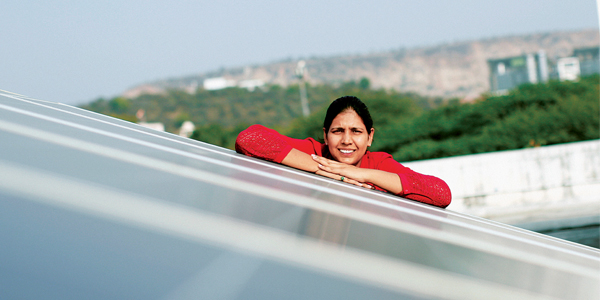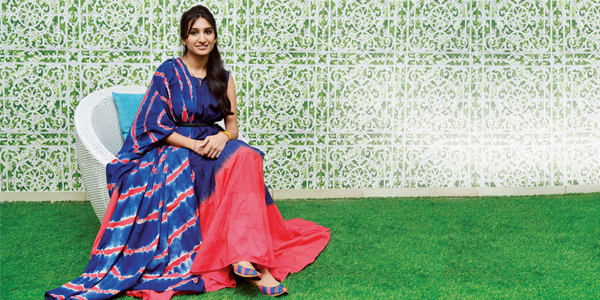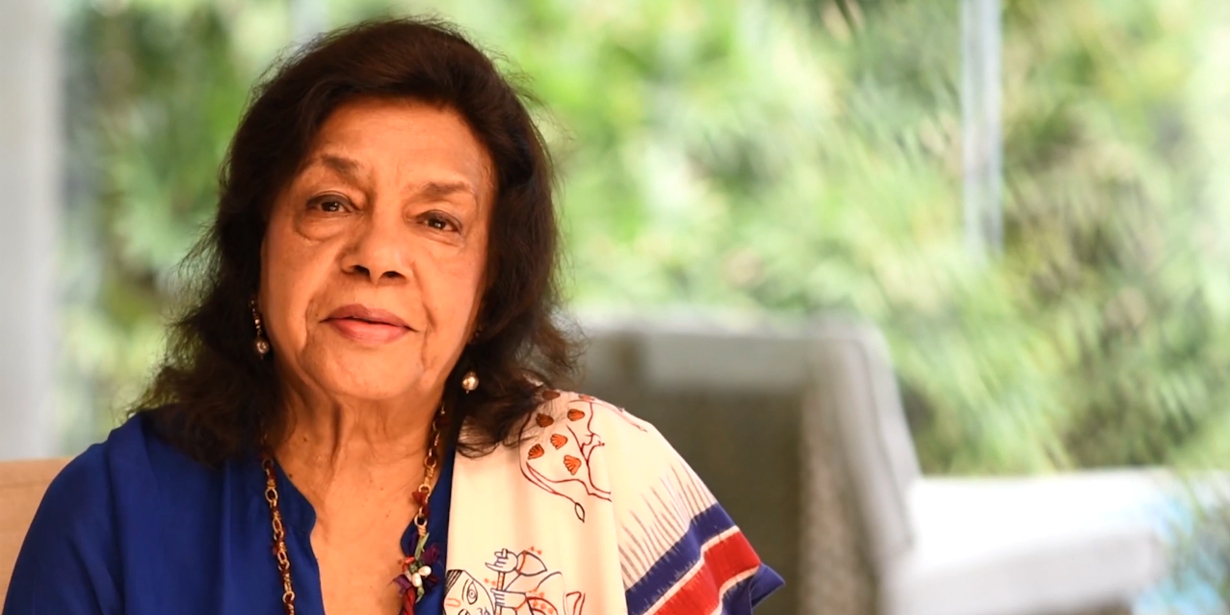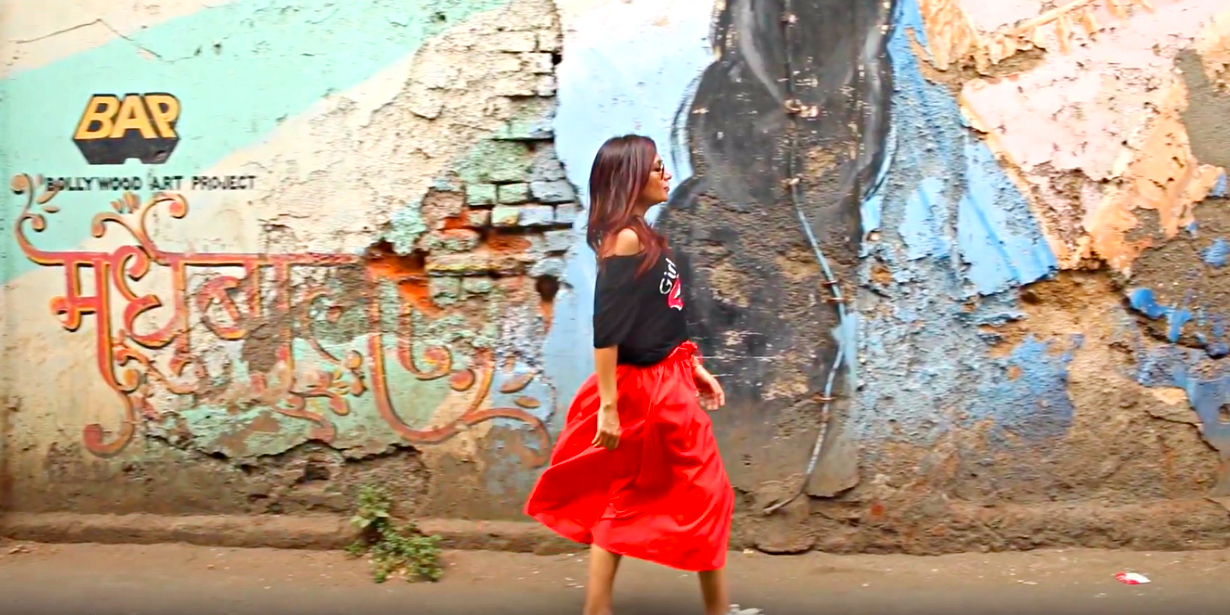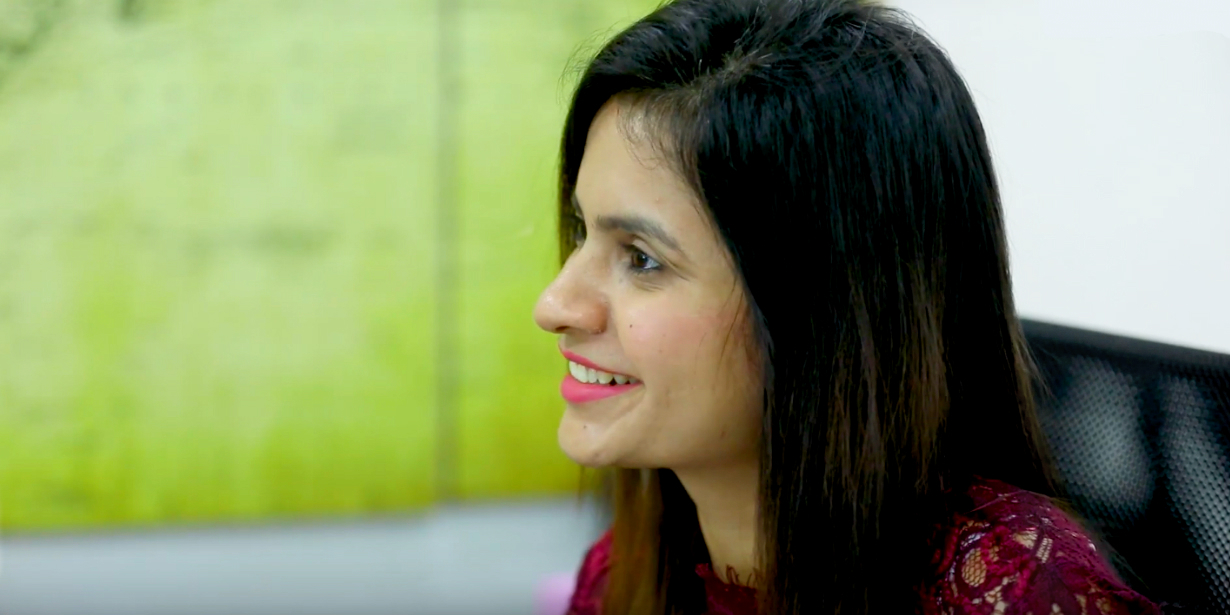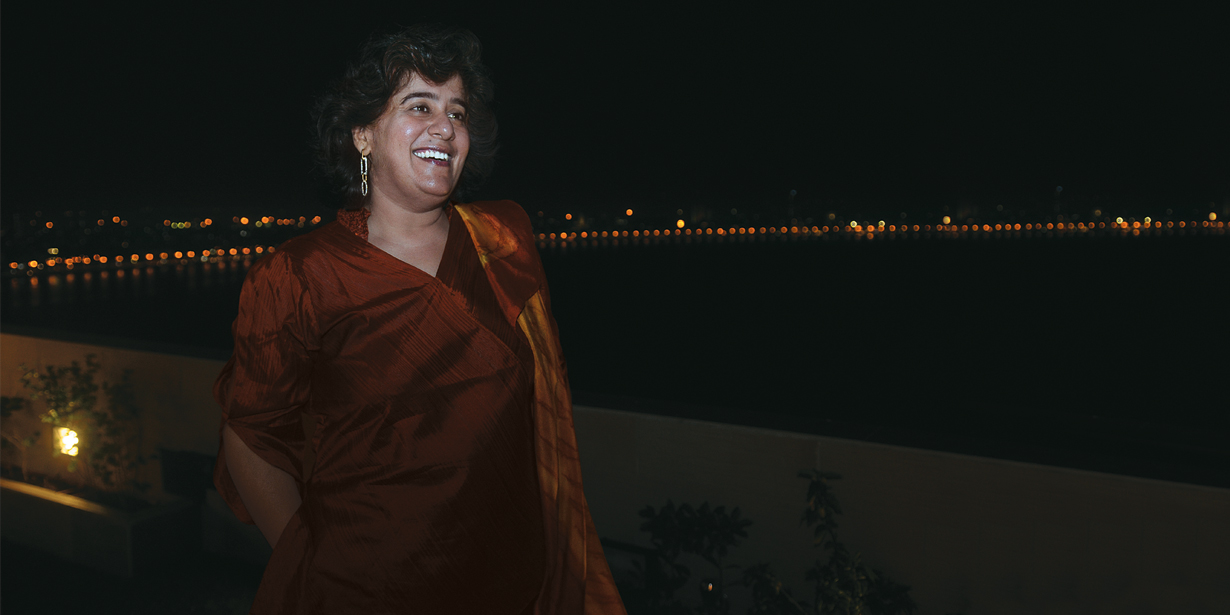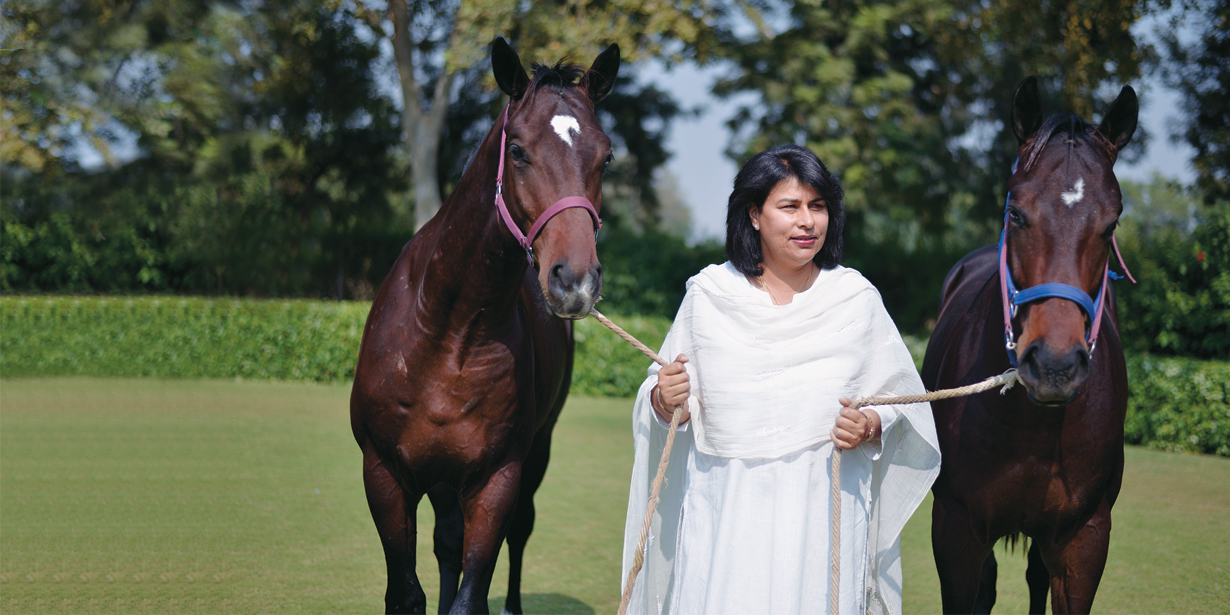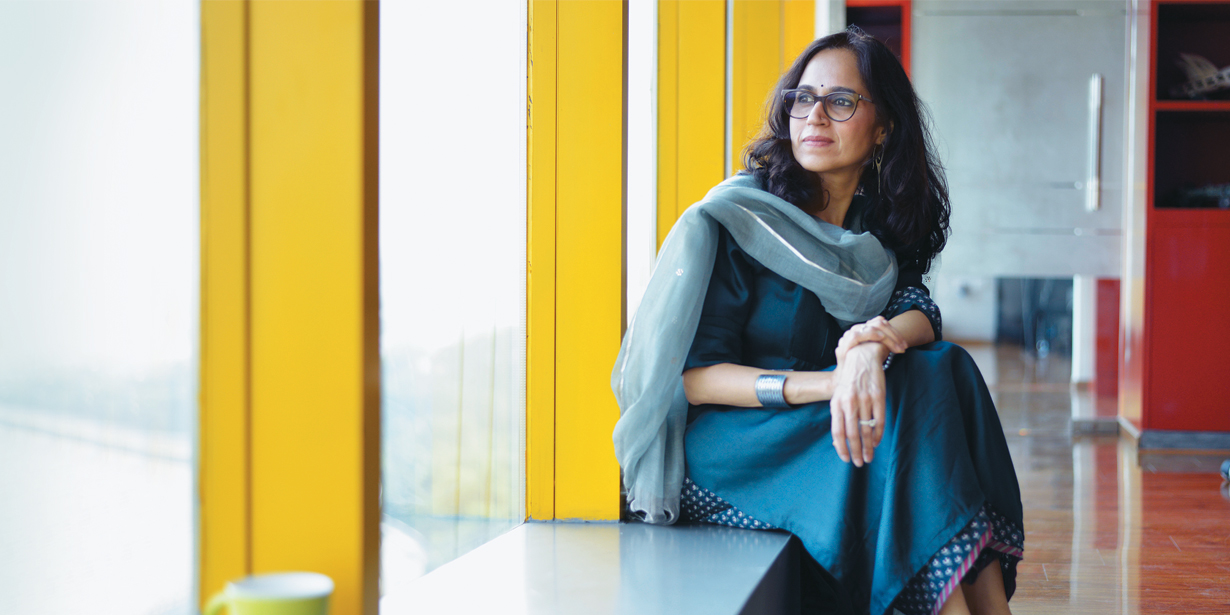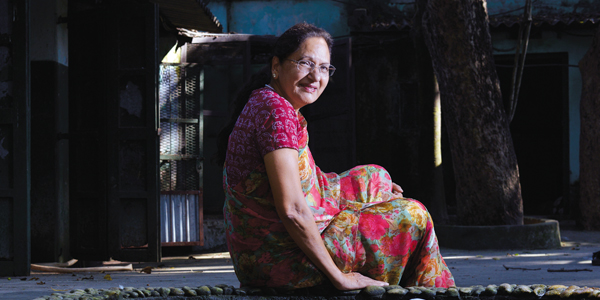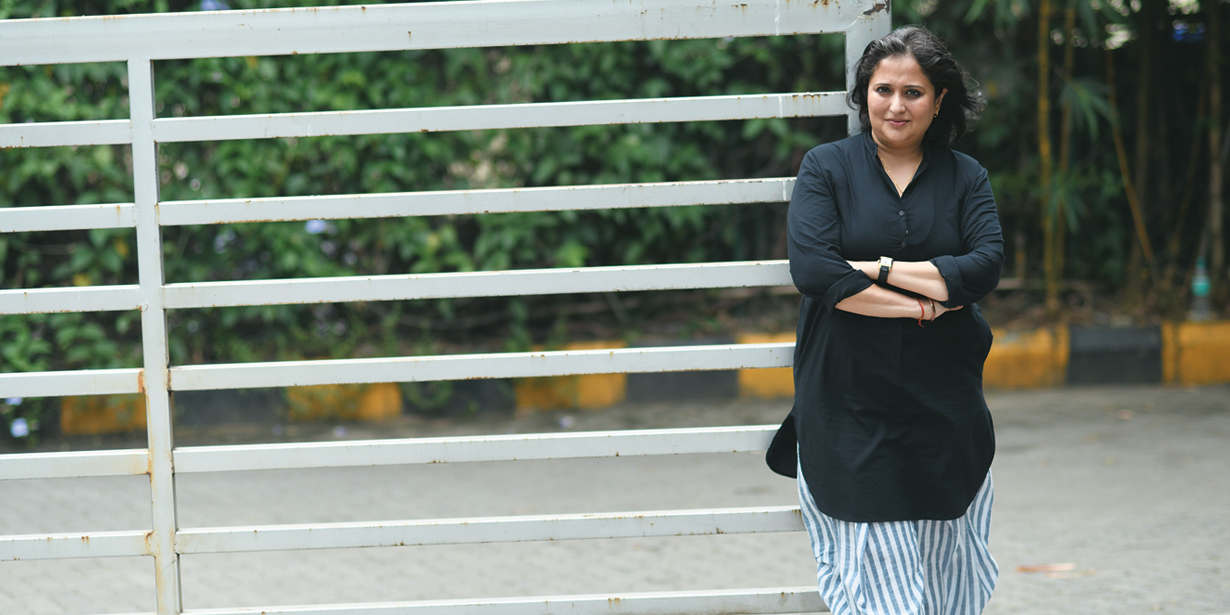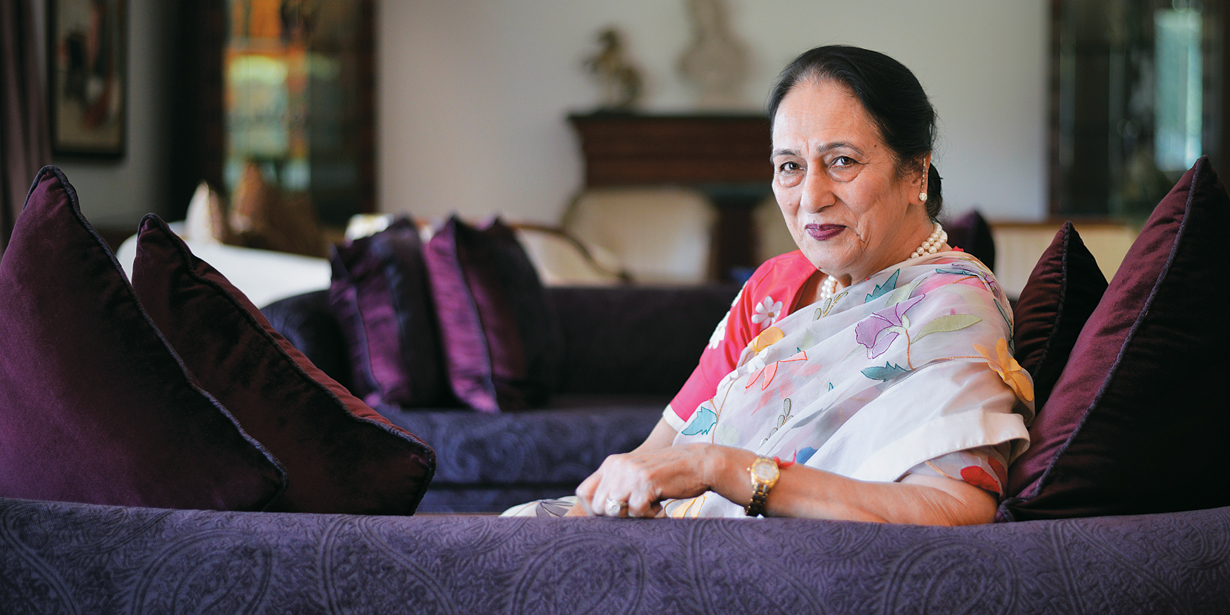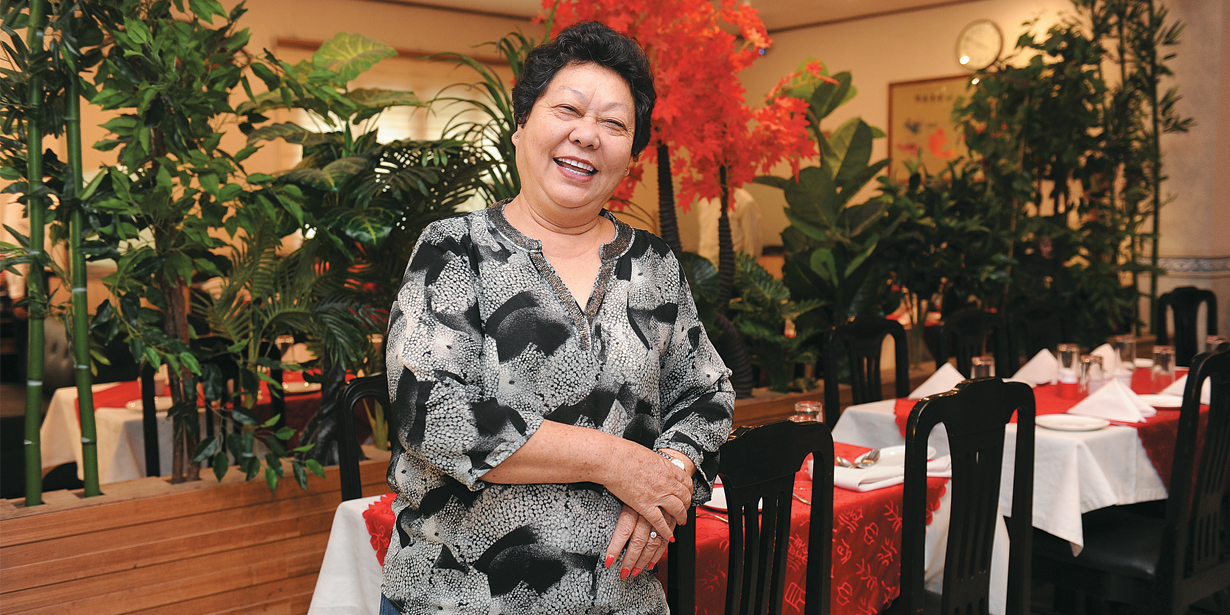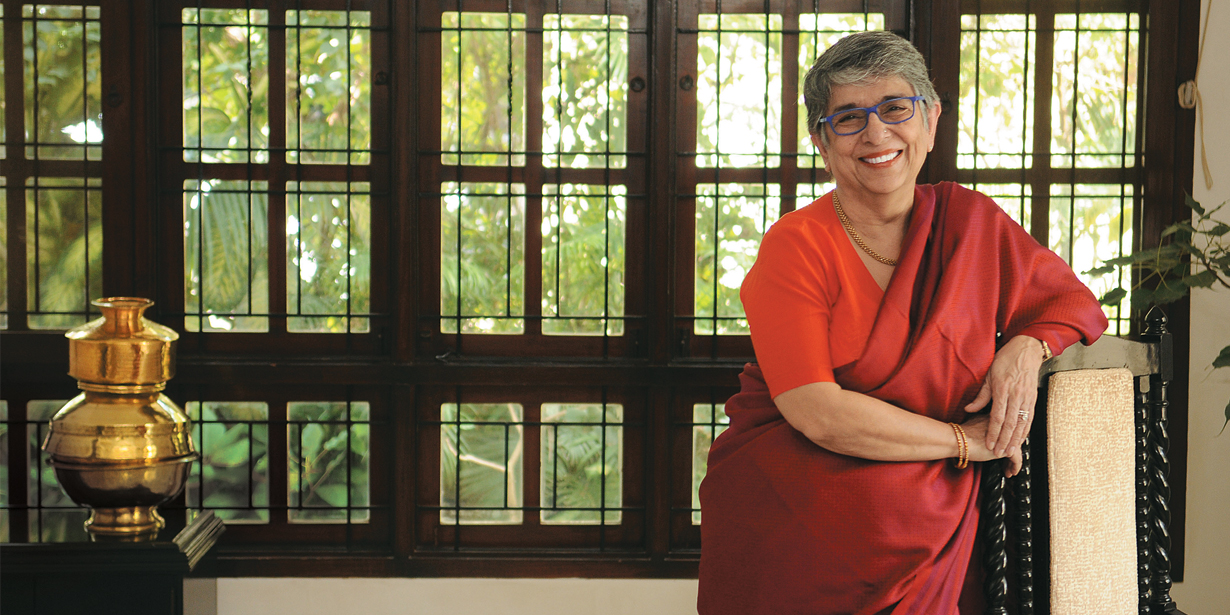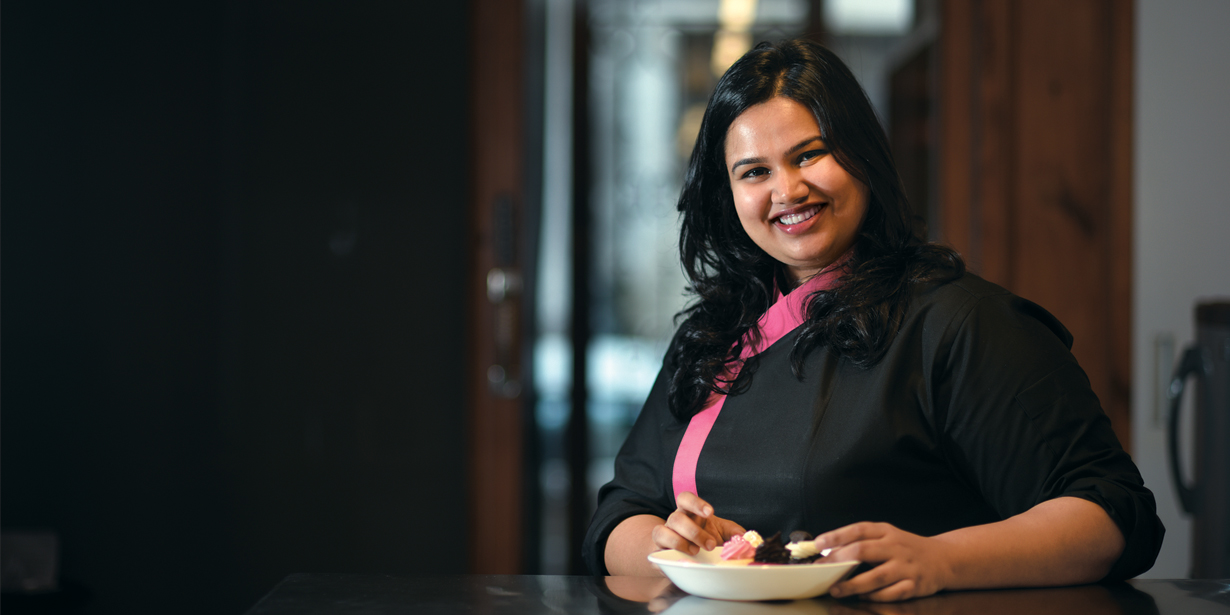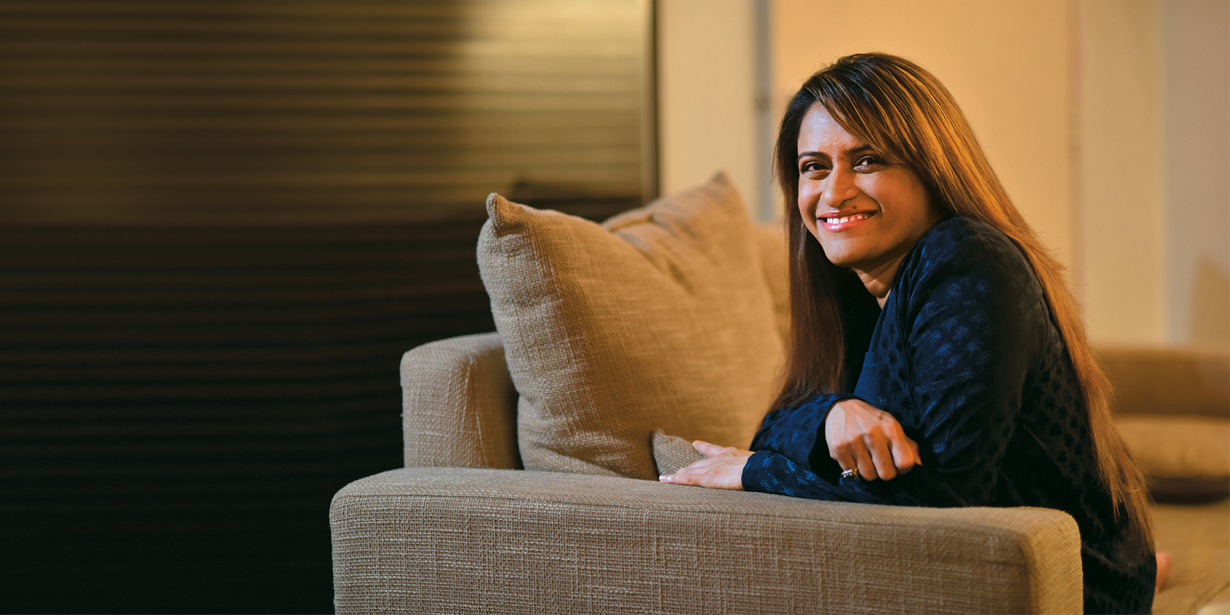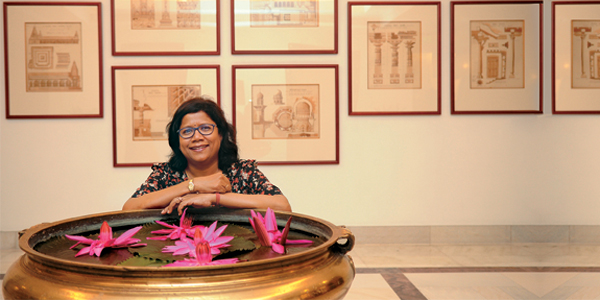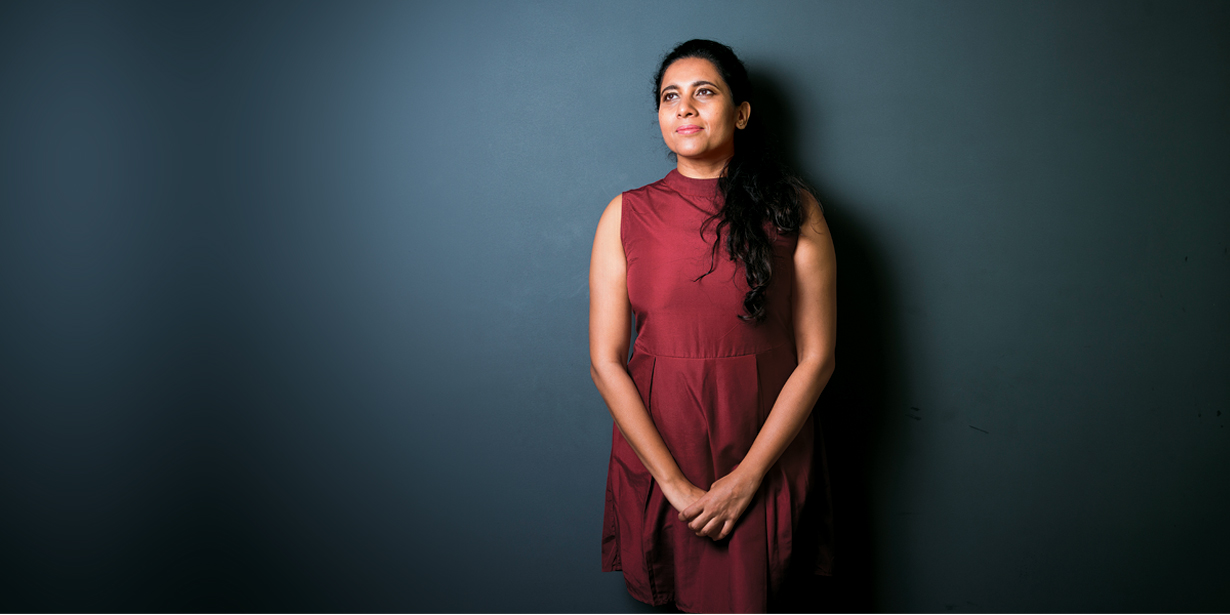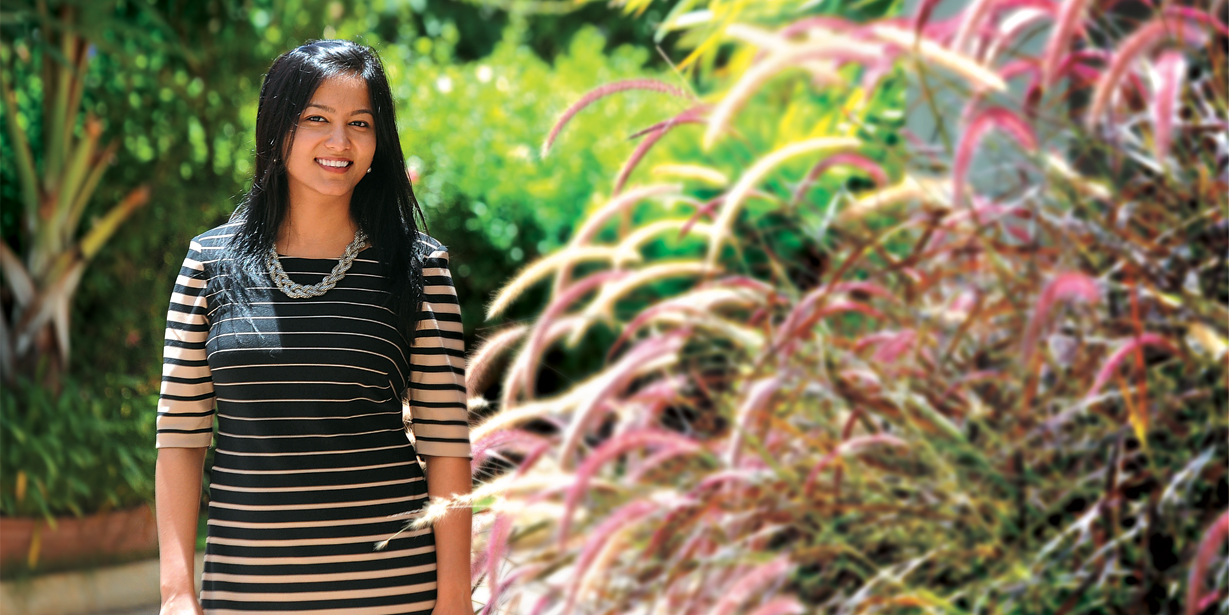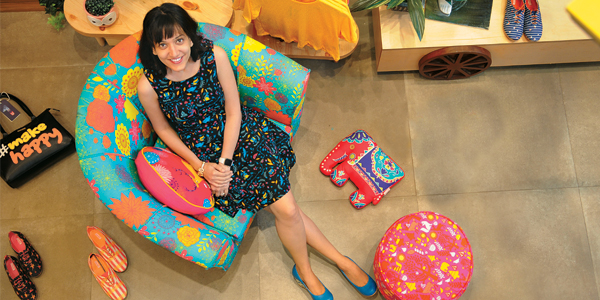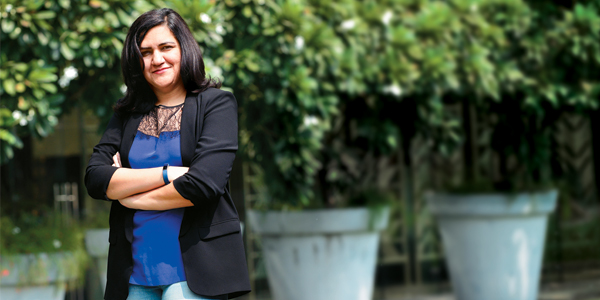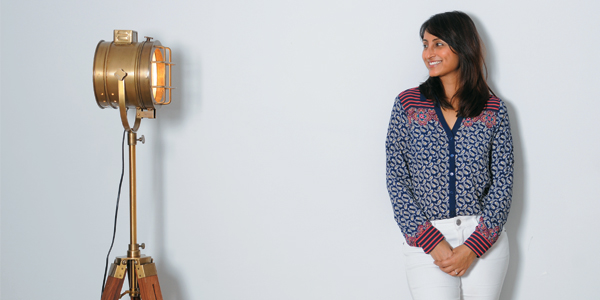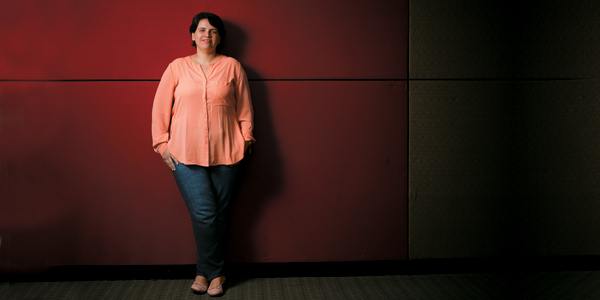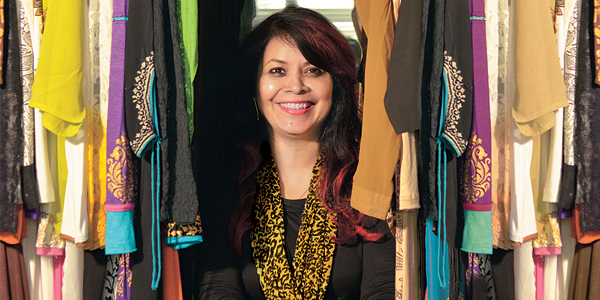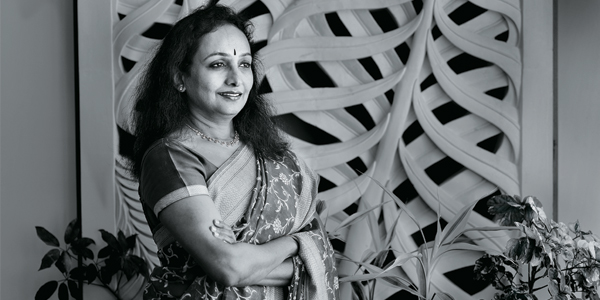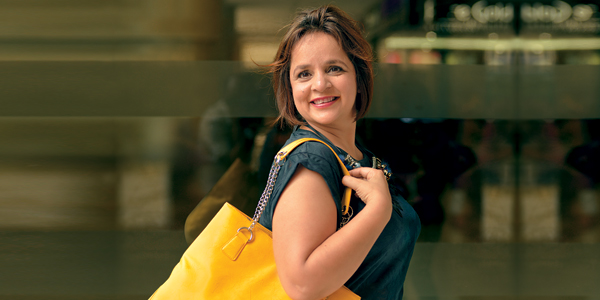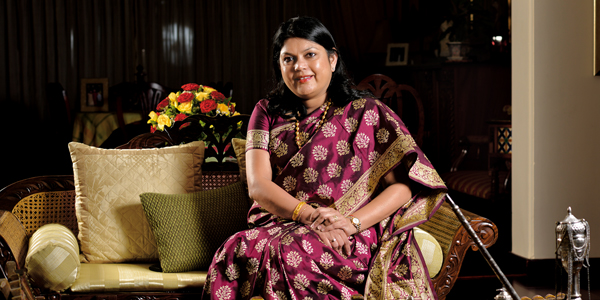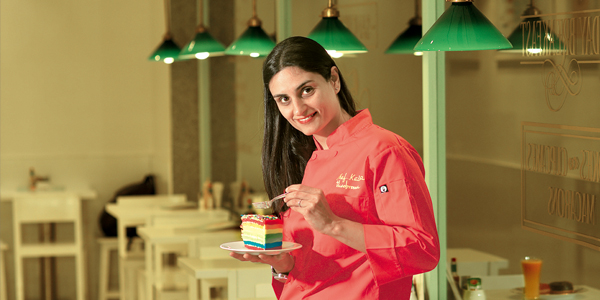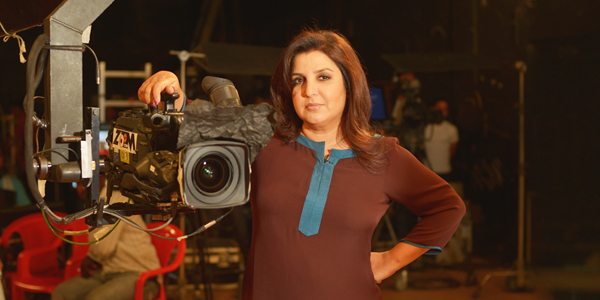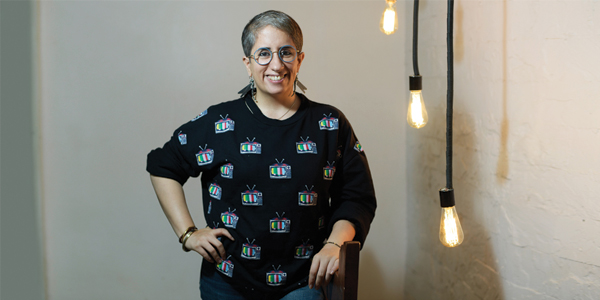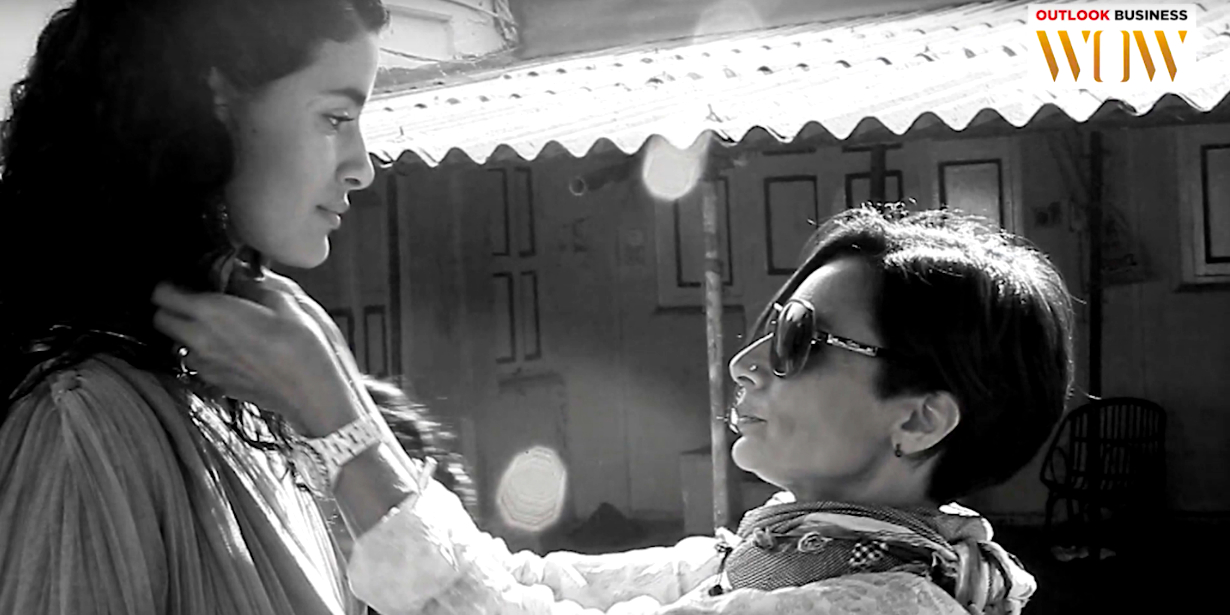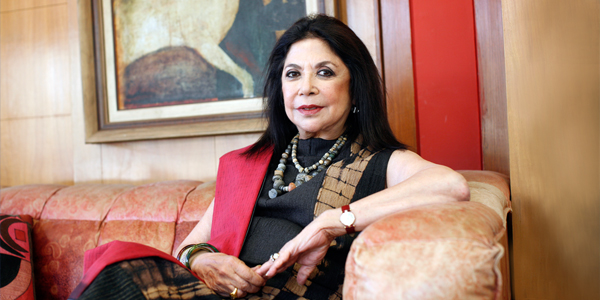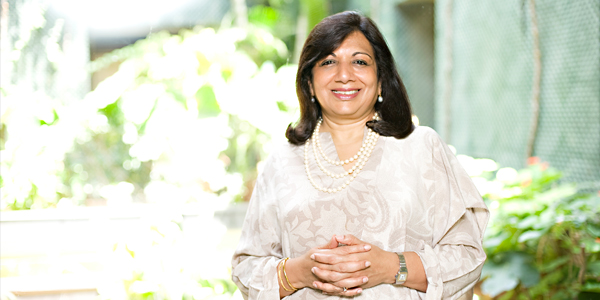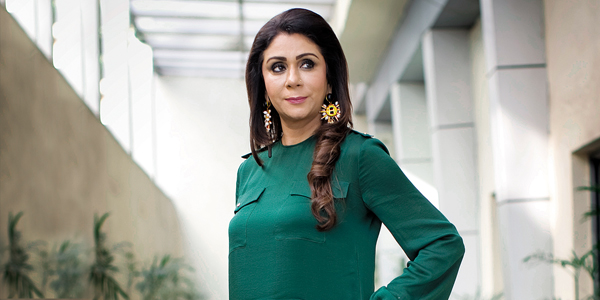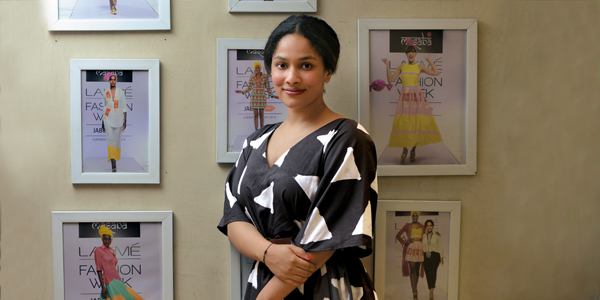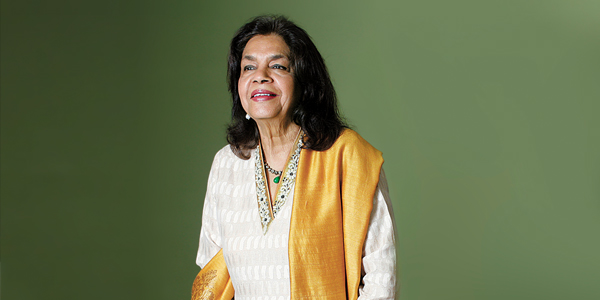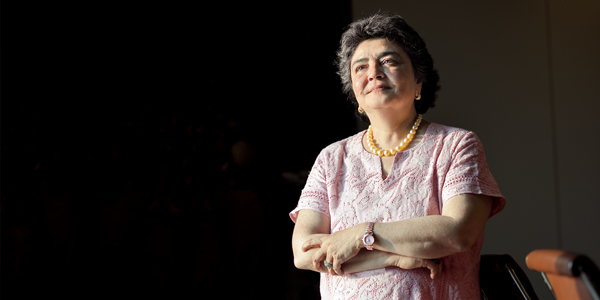The “untrained” celebrity chef with seven fine-dine restaurants from Delhi to London – Meet Ritu Dalmia
Ritu Dalmia, the “workaholic” owner of seven Italian restaurants, believes that there is nothing as satisfying as seeing a customer leaving her restaurant happy
“When I opened my first restaurant Mezzaluna in Delhi in 1993, I called Serra for food tasting,” recalls celebrity Italian chef Ritu Dalmia. Serra Turgutcan is Dalmia’s friend who had taught her how to cook Italian food in Italy. “She took her first bite of the ravioli and told me it tasted like something out of an American can. I was heartbroken because I thought I had arrived and that I knew it all. The next four days, we sat in the kitchen and I redid my complete cooking style, and she said okay, now it is acceptable,” she narrates. And more than two decades later, the equation hasn’t changed at all. “She is still my sounding board, I still run my recipes through her,” says a smiling Dalmia. Despite having won several accolades for her work and establishing six successful Italian restaurants, there is not an iota of overconfidence. “I never believe I am successful because when you let the ground beneath your feet slip off, you fall. I have made many mistakes during my journey and I have learnt from them. I will still continue to make mistakes and learn from them,” says a humble Dalmia.
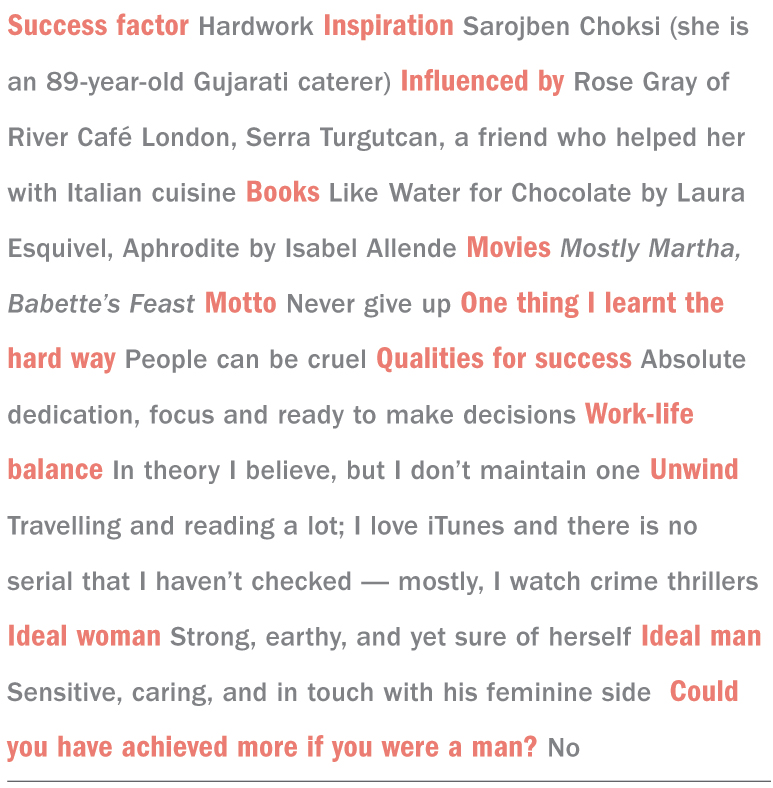 Italian connection
Italian connection
Dalmia was born in Kolkata. Her family ran an Italian marble business. At the age of 16 when she was just out of school, she decided to join her dad in the business. When quizzed over her educational background, Dalmia bluntly says that she doesn’t have any. “Right after finishing school I started working, so my education came from travel and talking to people in different cultures,” she explains. She started working part-time for the family business in 1989 and by the next year, she was working full time.
However, cooking was always in the background. “I was always interested in cooking. It was a hobby at first and I never thought I would take it up as a profession” says Dalmia. Her work made her frequent Italy a lot and the city played an integral role in her culinary journey. “I was cooking for pleasure in Italy. But eventually, I sort of realised I was good at it. So when I decided to leave the marble business, the only thing left to do was to open a restaurant,” she says. However, it doesn’t mean that it was a fairy tale after that. “Of course when I opened the restaurant, I realised I have a long way to go. I have always taken impulsive decisions and gone with my gut. Even now I don’t do business plans; nothing of that sort,” states Dalmia.
The interest in cooking started early on in her childhood when she made her first dish at the age of nine and her go-to cookbook was the usual suspect. “I have to admit and it is very funny to say this, but I really got into cooking looking at books of Tarla Dalal. Young people today may not know about her but when I was growing up, it was only her books that gave some sort of Indianised western recipes that could be cooked at home with available ingredients. It was a big thrill. The first dish I made was macaroni with baked beans and I made that from a Tarla Dalal recipe,” recalls Dalmia. Little did she know that years later, she would pen famous cookery books herself such as Italian Khana, Travelling Diva – Recipes from around the world, and Diva Green for the vegetarians.
In 1993, she quit and decided to open her own restaurant, Mezzaluna in the upmarket Hauz Khas village in South Delhi. She ran that until 1996. “It was a super failure,” admits Dalmia candidly. She was new to the business and Delhi wasn’t what it is today back then. She soon discovered cooking as a hobby is a lot different from running a restaurant in the real world. “It wasn’t easy. The restaurant industry even now is not very organised. It was absolute chaos right from sourcing the ingredients, obtaining licenses, to getting qualified people. It is still a challenge but let’s say we have come a long way from then. Every day we learn something new and that makes this journey interesting and fun” remarks Dalmia.
She then moved to London, the gastronomical capital of the world to open her second restaurant Vama with her partner Andy Verma, which fared well. But her impulsive nature soon took her away from London. “I was quite homesick. So in 2000, when the restaurant was doing well and I was settled, I moved back to India,” she says. Then she decided to open Diva, an Italian restaurant in Delhi. This time though, she got it right, and all her early failures were behind her.
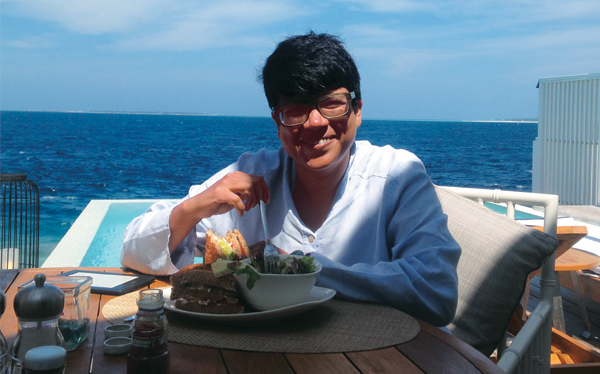
Nevertheless, there were some starting problems with her second stint as well. With increasing spending power and more people travelling overseas, there were definitely more takers for specialty restaurants like Diva, but the regulatory challenges were a nightmare. According to her, it was so much easier setting and running a restaurant in a London or Italy. “The bureaucracy is a nightmare in the restaurant business. There are close to 10-13 licenses one has to obtain. Some of the laws are very outdated. Now the National Restaurants Association is working very hard in tandem with the government to change some of those archaic laws,” she reveals.
Dalmia, who still imports large part of her ingredients to offer an authentic experience, says sourcing ingredients was another uphill task way back in 2000. But it was a battle she was determined to win. “There were many such moments, many times where I felt I should leave and run back to London but I had come to prove a point so I was not going to leave,” says Dalmia. Over the next decade and a half, the one restaurant in 2000 expanded to six more Italian restaurants in different parts of the Delhi. She opened her first Pan Asian restaurant Diva Spiced in 2015, adding one more cuisine to her repertoire.
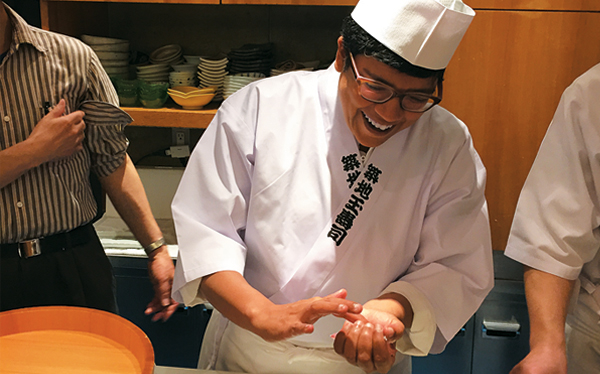
While Dalmia isn’t carried away with all the success, she doesn’t mask the sweat that goes into achieving it. “One thing I can say without being arrogant: I am extremely hardworking. Food is a very personalised business. You can’t just do it to make a profit. Your heart, mind, and soul need to be in it. So don’t do it if it’s a business option, do it for the love of it,” she advises young aspirants.
While Dalmia is an accomplished cook, with several cookery shows and books to her credit, she was never trained as a cook. And notably, she doesn’t think that one needs formal training. “I have never been to a catering school. 90% of people who work with me have never been to a catering school. Food is like, either you have it or you don’t. You cook with instinct and inborn talent, your experience is something that hones and perfects it,” says the self-taught chef.
While no one in her family shared her passion for cooking, her parents backed her in whatever she did. “My parents were quite supportive. I have always been very independent. I got into the marble business because I wanted to and got out when I wanted to. To be honest, for such an independent person, their approval really wouldn’t have mattered, but yet they always supported me,” says Dalmia.
While women dominate household kitchens in India, hotel or restaurant kitchens ironically still remain a male bastion. But Dalmia has never let that come in her way. “I never felt I was on a weaker wicket because I was a woman. There are 200 people in my company, 180 of them are men and I have never had a problem, she says. In fact, she further opines, “I think it is easy to be woman entrepreneur than a man.”
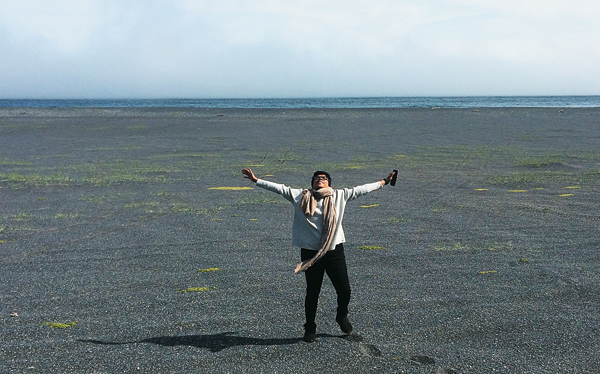
The next course
Starting a business is one thing, but scaling it up and keeping the flock together is a different ball game altogether. One has to have several qualities to be able to do that. “I think I am a pretty good boss and I feel that I have the respect and love of my team which in a business like ours is very important. I am very good with numbers,” she confides. The achilles heel, she says, is her temper. “Sometimes I really wish I could chop my tongue before words came out but I am working on it,” laughs the self-confessed control freak.
As Indians are increasingly willing to experiment with food, there is room for newer cuisines to flourish at various price points. While Dalmia agrees that the growing number of discerning customers is a welcome sign, she points out that an authentic fine dining restaurant in big cities of India isn’t easy anymore. “For a restaurant like ours, the food cost is very high because we have an import factor in it. People have this notion that food in India should be cheaper but reality is that rents are higher and the food cost is higher. Only the wages are just marginally lower. So you have lot of things against you to make it viable. And there is a thin line between a restaurant which works and one that doesn’t” elucidates Dalmia. So what’s the secret of her success? “Efficiency, control, and never going onboard with costs,” she says. For someone who has refused to live by convention, life is what happens when you are busy making other plans. For her, food is all about feeling the generosity of the heart and there is nothing more satisfying than to hear a happy customer tell her that she made their evening. She is happiest when she is cooking or travelling collecting happy food memories across the world. When she is not away, she is at her restaurants every single day making sure her customers go home happy. Dalmia who calls herself a workaholic, has her phone ringing already and her taxi waiting outside her restaurant as we near the end of our conversation. She bids me goodbye to quickly attend to the next restaurant, the next recipe and the next customer who is waiting to be enthralled.
